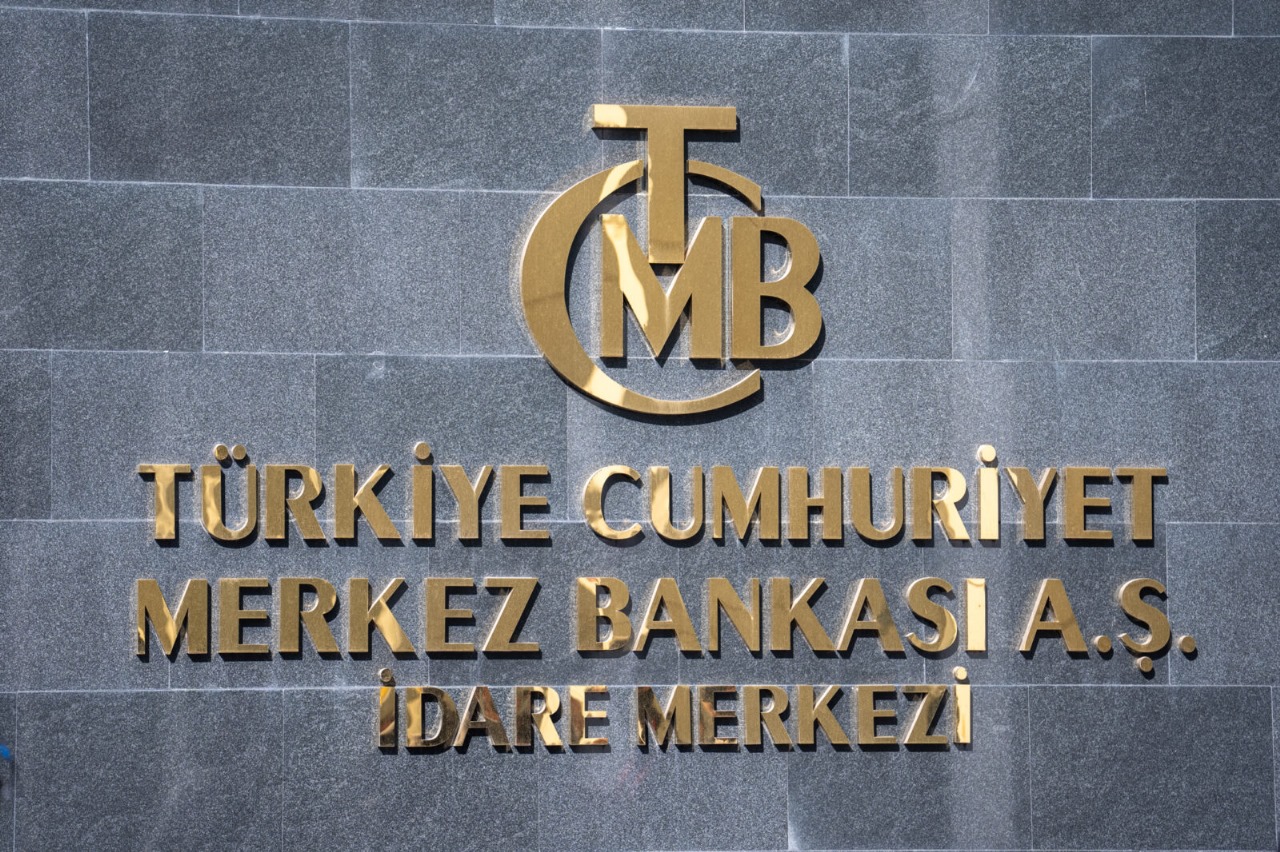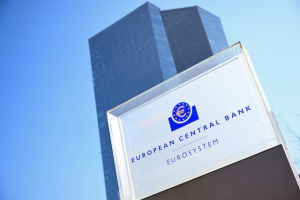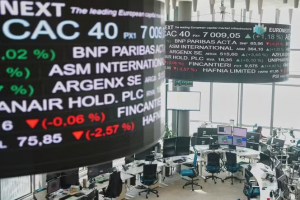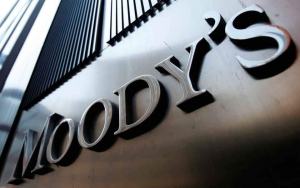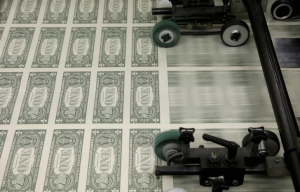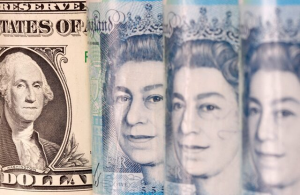Expectations of a Turkish central bank rate cut strengthened on Wednesday after a less-than-requested minimum wage hike, economists said, as it showed the government's determination to reach disinflation targets.
The 30% rise will test the government's efforts to fight years of chronic high inflation as it could pressure prices.
Turkey's net monthly minimum wage will be 22,104 Turkish lira ($627) in 2025. The government said the level was set to maintain fiscal discipline and continue the fight against inflation. The workers union had requested an increase around 70%.
Economists said the wage rise, impacting some 9 million workers, made it certain the central bank will start policy easing later this week.
"Expectations for a rate cut have risen, and I've revised my own forecast from a 150 basis point cut to 200 basis points. However, a 250 basis point cut wouldn't be a surprise," said Filiz Eryılmaz, chief economist at ALB Yatırım.
According to a Reuters poll published last week, the central bank is expected to start an easing cycle after eight months of steady policy. Economists expected the first rate cut to be between 150-250 basis points from the current policy rate of 50%.
"This (minimum wage) increase, which is at the lower end of expectations, is expected to have an additional CPI impact of less than 1 point, and we believe it has eased the central bank's hand in initiating interest rate cuts," said Haluk Burumcekci, founding partner at Burumcekci Consulting.
According to previous central bank research, a one percentage point increase in the minimum wage contributes 0.06 to 0.2 points to inflation. It is estimated that the new hike, which could impact inflation between 1.8-6 points, is mostly taken into account in its year-end inflation forecast of 21%.

